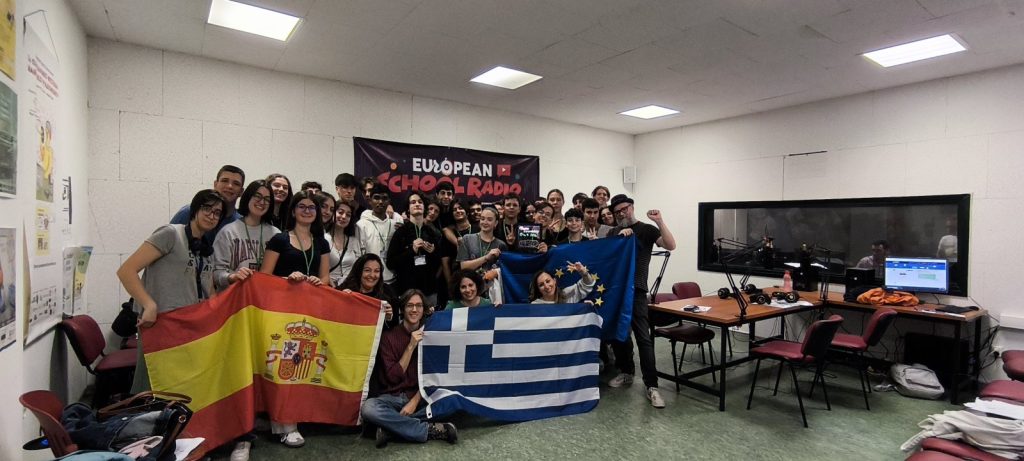 The annual educational program “Broadcasting on European School Radio – Journalistic Production” was successfully completed for the 9th consecutive year.
The annual educational program “Broadcasting on European School Radio – Journalistic Production” was successfully completed for the 9th consecutive year.
This initiative is coordinated by the Scientific Society of European School Radio and organized in collaboration with the Department of Information and Electronic Engineering of the International Hellenic University, the School of Journalism and Mass Media of the Aristotle University of Thessaloniki, and the Journalists’ Union of Macedonia and Thrace (ESIEM-TH).
During the 2023-24 school year, 21 primary and secondary schools from across the country participated. Among them were music schools, a special education school, and schools from Italy and Spain as part of an Erasmus educational visit. The broadcasts aired live on European School Radio stood out for their thematic diversity and unique presentation approaches. Students presented programs on environmental and ecological topics, cultural and historical content, music shows with live performances, tributes to international days, broadcasts on the European elections, acceptance and diversity, school bullying, issues concerning children, and even special participation with an audio drama. Twenty broadcasts were developed in Greek, while one was prepared and aired in English, with the participation of students from other countries. The broadcasts are available at the following link: European School Radio.
The program included journalistic support for each school individually, covering the topic they had chosen to discuss in a one-hour radio show. Mentoring and guidance were provided by Mr. Vasilis Soliopoulos, a journalist and member of ESIEM-TH, who visited the schools or organized teleconferences with each school radio team separately to discuss the importance of critical reading and the responsibility of producing authentic content. Students from the School of Journalism and Mass Media played a crucial role in refining the broadcast flow, creating communication plans for promoting the action and preparing the radio broadcast in the studio. Additionally, students from the Department of Information and Electronic Systems Engineering ensured that technical specifications for the audio material from each school were met and offered educational hands-on activities to familiarize students with radio production equipment and software used for sound editing and live broadcast on internet radio.
Following the support, an educational visit was organized weekly for one school to the Department of Information and Electronic Engineering, where two parallel workshops for the journalistic and technical team were conducted. The university students led the workshops, and encouraged the school students to implement the broadcast from the control room and the studio set.
After the program ended, an evaluation questionnaire was distributed to the participating schools, which was completed by students from all schools. The feedback highlighted positive aspects such as the hands-on knowledge gained in handling equipment and using software for live studio broadcasts, collaboration among team members, and with the university students for scriptwriting and radio show production, and the satisfaction and joy from successfully completing a project they handled independently. A notable comment from a student regarding the program was: “The interactivity and exciting way the workshop was conducted, the good mood and willingness of the students to help, the professional equipment in the studio, and the fact that everyone involved in the workshop (technicians) could put into practice what they learned.” Another student mentioned: “The entire experience overall. I really felt like a radio producer.”
Special thanks to the inter-university student team, which was renewed this academic year and acquired an identity named “ApUTHanoi IHUlhptes.” Members of the wider student community were invited to join the team, and a student from the Department of Library, Archival, and Information Studies significantly contributed by participating throughout the year in organizing and implementing the action. With the integration of new members into the student team sharing a common interest in radio, podcasting, and music, new ideas were developed and implemented, such as productions throughout the year hosting remote school broadcasts for European School Radio, and the students represented the universities at events and exhibitions.
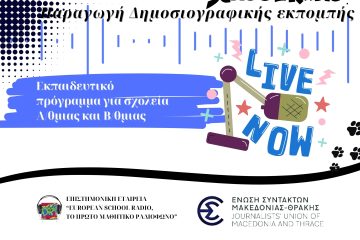
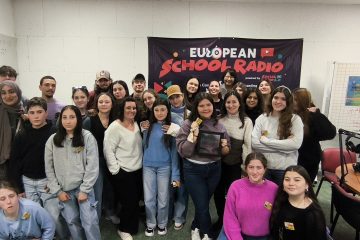
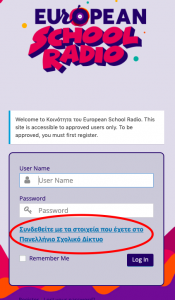
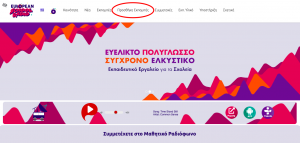
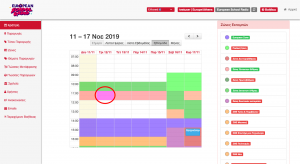
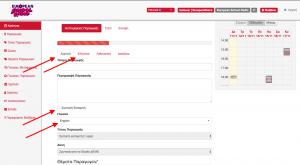
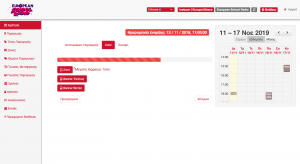
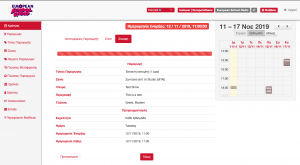
0 Comments